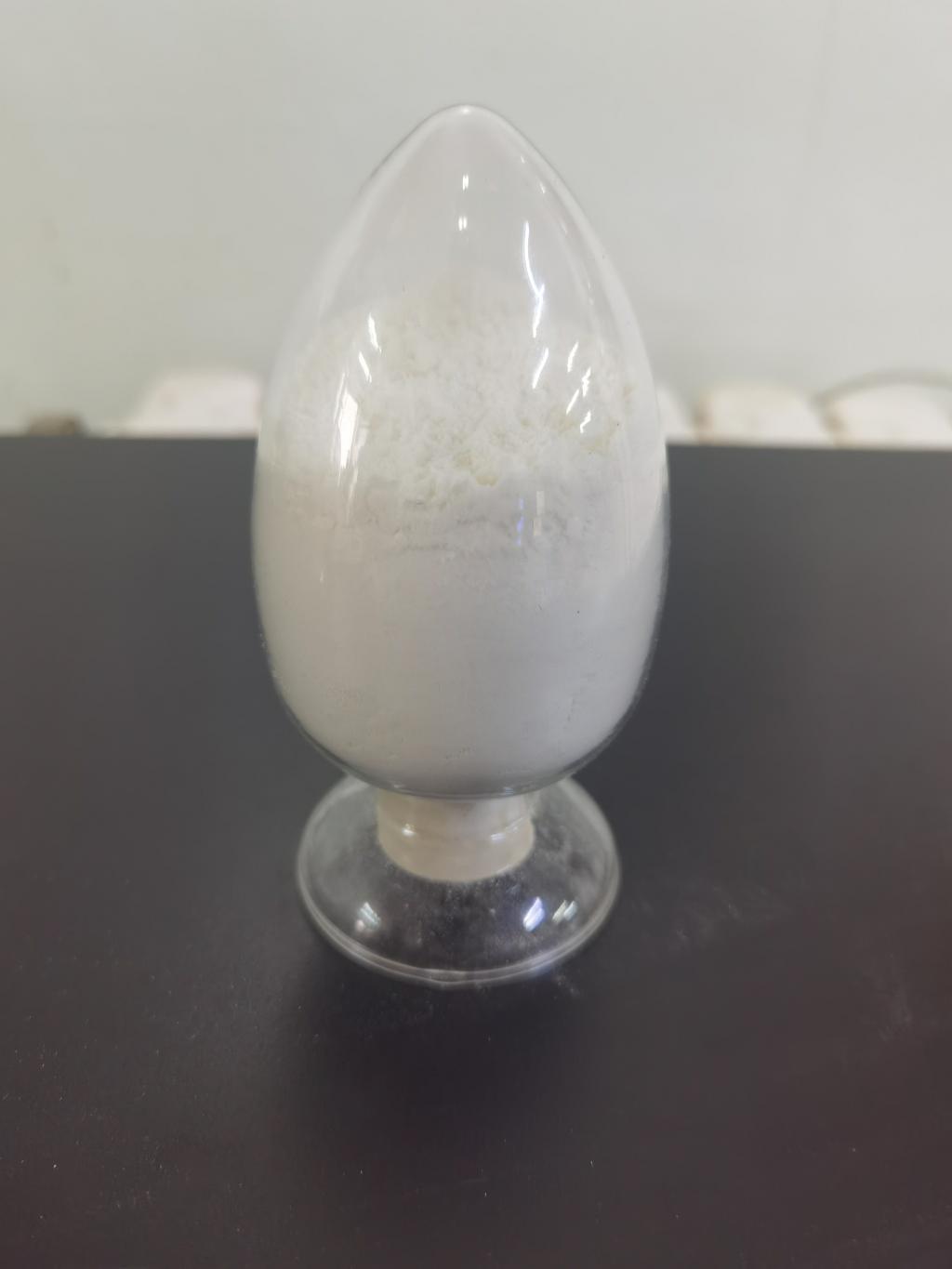Tel:+8618231198596

News
 CONTACT
CONTACT
 CONTACT
CONTACT
- Linkman:Linda Yao
- Tel: +8618231198596
- Email:linda.yao@dcpharma.cn
- Linkman:CHARLES.WANG
- Department:Overseas
- Tel: 0086 0311-85537378 0086 0311-85539701
News
Current Position:
Home >
News
>How long does ε-Polylysine hydrochloride remain effective as a preservative?
How long does ε-Polylysine hydrochloride remain effective as a preservative?
TIME:2023-03-22
The effectiveness of ε-polylysine hydrochloride as a preservative can be attributed to its ability to inhibit the growth of microorganisms by disrupting their cellular membranes. This disrupts the normal function of the microorganism, leading to cell death. The mechanism of action of ε-polylysine hydrochloride is similar to that of other cationic peptides, such as nisin and pediocin.
The effectiveness of ε-polylysine hydrochloride as a preservative depends on a number of factors, including the type of food being preserved, the pH of the food, the temperature at which the food is stored, and the concentration of the preservative. Generally, ε-polylysine hydrochloride is effective at concentrations of 0.05% to 0.1%.
Studies have shown that ε-polylysine hydrochloride is effective against a wide range of microorganisms, including bacteria, yeasts, and molds. In particular, it has been found to be effective against gram-positive bacteria, such as Listeria monocytogenes, Staphylococcus aureus, and Bacillus subtilis. It has also been found to be effective against gram-negative bacteria, such as Escherichia coli and Salmonella enterica.
The effectiveness of ε-polylysine hydrochloride as a preservative can be enhanced by combining it with other preservatives. For example, it has been found to be effective when used in combination with sodium benzoate and potassium sorbate.
The effectiveness of ε-polylysine hydrochloride as a preservative also depends on the storage conditions of the food. It is most effective at low pH values and at temperatures below 25°C. At higher temperatures, its effectiveness decreases, and at temperatures above 60°C, it is rapidly degraded.
Despite its effectiveness as a preservative, there are some concerns about the safety of ε-polylysine hydrochloride. Some studies have suggested that it may have toxic effects on certain cells in the body, although these studies have been conducted primarily in vitro and with high concentrations of the preservative. The safety of ε-polylysine hydrochloride at lower concentrations and in vivo has not been established conclusively.
In conclusion, ε-polylysine hydrochloride is an effective food preservative that can inhibit the growth of a wide range of microorganisms. Its effectiveness depends on a number of factors, including the type of food being preserved, the pH of the food, the temperature at which the food is stored, and the concentration of the preservative. While there are some concerns about its safety, these have not been established conclusively, and it is generally considered to be safe when used at appropriate concentrations.
- Tel:+8618231198596
- Whatsapp:18231198596
- Chat With Skype







